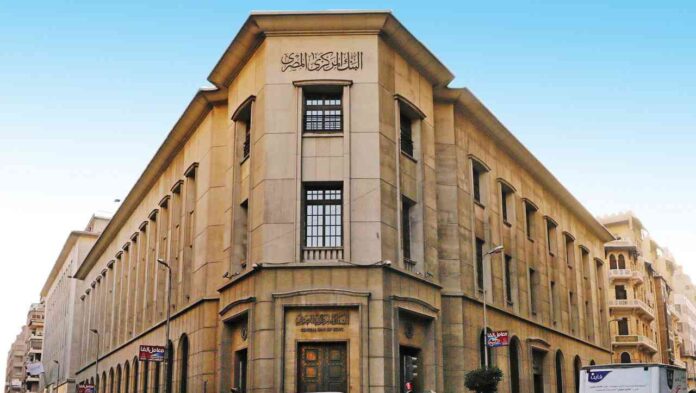Egypt said Thursday that it had scrapped a requirement for importers to secure letters of credit as part of the government’s broader strategy to clear import backlog, ensure a stable supply of foreign exchange and rein in inflation as the economy grapples with the fallout from the war in Ukraine.
The lifting of the letters of credit for importers, which was blamed for a massive backlog at the country’s ports, is one of several requirements attached to the $3 billion International Monetary Fund support package. The import rule pressured importers to source hard currency on the black market to bring their goods to market—which has been fuelling inflation in the North African country.
Earlier this week, Egyptian officials said earlier this week that they are working on clearing the import backlog. President Abdel-Fattah El-Sisi, in a televised address, said that banks would help secure the necessary foreign currency to clear a backlog of imports, which is estimated to be above $5 billion.
The shortage of hard currency prompted two devaluations in the Egyptian pound in 2022 and most recently a 300-basis point hike in the benchmark interest rate. Meanwhile, economists expect the lifting of import curbs to pave the way for another devaluation.
The Egyptian cabinet also said that President Sisi approved a list of 62 economic activities the state would leave to the private sector, giving it a greater role in helping to grow the economy, create jobs and increase investment and exports.
Though the government statement did not specify those activities, Egypt outlined an array of state assets that would be offered to private investors in May 2022 including in sectors such as electric vehicles, data centres and oil and gas networks.




